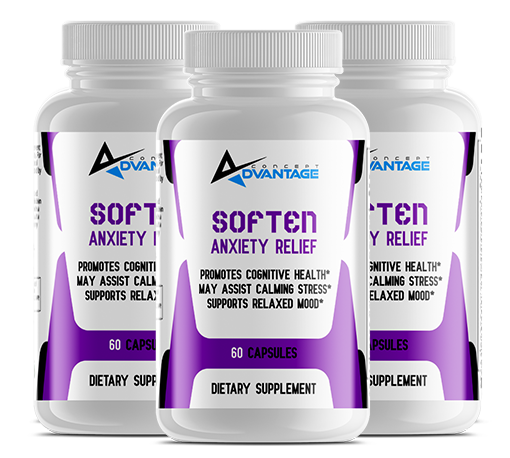Meditation as a Modern Practice
Meditation has been a popular practice for thousands of years, but it is only recently that its benefits are being recognized by the modern world. Many people believe that meditation is only for spiritual or religious purposes, but the truth is that it has numerous benefits for mental health as well. Meditation can be a phenomenal empowerment in your life. In this post, we will explore the mental health benefits of meditation and how you can start a practice.
Reduces Stress and Anxiety
One of the most significant benefits of meditation is that it can reduce stress and anxiety. When you meditate, you focus on the present moment, letting go of negative thoughts and worries. This can help you to develop a sense of calm and inner peace, reducing feelings of stress and anxiety. Research has shown that regular meditation can also help to lower levels of cortisol, the stress hormone, in the body


Improves Mood and Increases Happiness
Meditation has also been shown to improve mood and increase feelings of happiness. By focusing on positive thoughts and feelings, you can train your brain to have a more positive outlook on life. Regular meditation can help you to develop a sense of gratitude and appreciation, leading to an overall improvement in mood and an increase in happiness.
Boosts Brain Function and Memory
Meditation has been shown to have numerous benefits for brain function and memory. By practicing meditation, you can improve your ability to focus and concentrate, making it easier to remember things and process information. Meditation can also help to improve the brain’s ability to form new neural connections, making it easier to learn new things and recall information.


Reduces Symptoms of Depression
Meditation has also been shown to be effective in reducing symptoms of depression. By helping you to focus on positive thoughts and emotions, meditation can help to reduce feelings of sadness and hopelessness. Regular meditation can also help to regulate the levels of neurotransmitters in the brain, such as serotonin, which can help to reduce symptoms of depression.
Meditation done correctly and with discipline can lead to expanded sense of awareness
If a person is serious about their practice of meditation it can become a path to finding themselves and reaching a state of enlightenment (or what is known as awakening). Not to be confused with modern day “woke-ism” though. While woke means ascribing to what is thought to be the virtuous belief of the day, authentic awakening leads to having a broader perspective about life and all of it’s elements. True enlightenment gives you a wider understanding of life and its aspects.
Want to start meditating? Keep reading. It may be challenging, but it’s possible for everyone.


How to Start a Meditation Practice
Starting a meditation practice is easier than you may think. Here are some simple steps to help you get started:
-
Choose a quiet, distraction-free location where you can sit or lie down comfortably.
-
Set aside a few minutes each day to practice meditation. You can start with just a few minutes and gradually increase the length of your meditation as you become more comfortable.
-
Close your eyes and focus on your breath. Pay attention to the sensations of your breath as it moves in and out of your body.
-
If your mind begins to wander, simply bring your attention back to your breath. Don’t judge yourself for having thoughts, simply observe them and let them pass.
-
When you have finished meditating, take a few deep breaths and open your eyes.


Those are very basic steps that can help you get started. The more you get into researching about meditation and the different things you can accomplish with meditation, the better your results will be. Just need to learn how to let go, relax, practice daily and you will notice your level of skill increase with every session.
Now here is a secret you can take with you: The key to successful awakening from meditation is developing a consistent and regular meditation practice, setting clear intentions and goals, being patient, and having a non-judgmental attitude towards one’s experience during and after meditation. It is also helpful to incorporate various techniques such as mindfulness and self-reflection, and seeking guidance from an experienced teacher if necessary. Ultimately, the key to successful awakening from meditation is to approach it with a curious and open mind, and to cultivate a daily meditation practice that is in line with one’s individual needs and goals.
In Conclusion
Meditation is a powerful tool that can help to improve mental health in numerous ways. Whether you are looking to reduce stress and anxiety, improve mood and happiness, or boost brain function and memory, meditation is a simple and effective practice that can help. By setting aside a few minutes each day to meditate, you can experience the benefits of this powerful practice for yourself.
Supplemental Assistance
If you’re having trouble relaxing and finding peace, try our Soften anxiety relief supplement. It’s a game-changer! a Concept Advantage you won’t want to miss out! Watch the video HERE and see how it has helped others reduce stress. Perfect for busy days when it’s hard to unwind and meditate effectively. Along with meditation, Let Soften help bring you the peace you seek. It can serve you greatly in your meditative journey!


